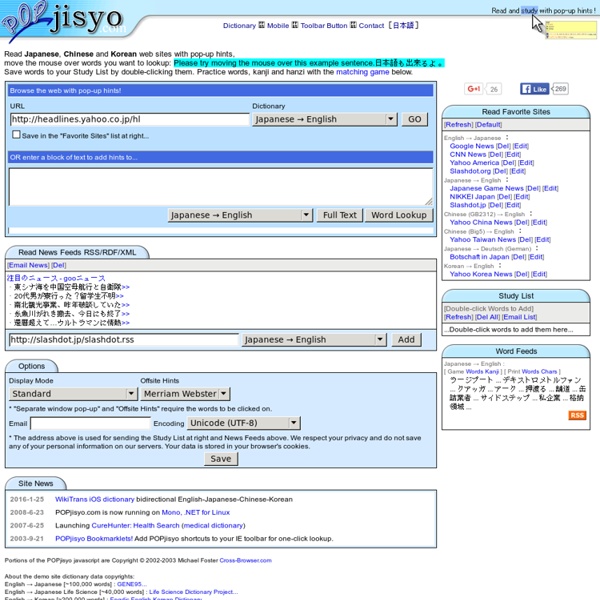



Old Norse Old Norse is a North Germanic language that was spoken by inhabitants of Scandinavia and inhabitants of their overseas settlements during the Viking Age, until about 1300. The Proto-Norse language developed into Old Norse by the 8th century, and Old Norse began to develop into the modern North Germanic languages in the mid- to late 14th century, ending the language phase known as Old Norse. These dates, however, are not absolute, since written Old Norse is found well into the 15th century.[2] Old Norse was divided into three dialects: Old East Norse, Old West Norse, and Old Gutnish. Old West and East Norse formed a dialect continuum, with no clear geographical boundary between them. The 12th-century Icelandic Gray Goose Laws state that Swedes, Norwegians, Icelanders and Danes spoke the same language, dǫnsk tunga ("Danish tongue"; speakers of Old East Norse would have said dansk tunga). In some instances the term Old Norse refers specifically to Old West Norse.[3] Old West Norse dialect
Foreign Subtitles Improve Speech Perception Do you speak English as a second language well, but still have trouble understanding movies with unfamiliar accents, such as Brad Pitt's southern accent in Quentin Tarantino's Inglourious Basterds? In a new study, published in the open-access journal PLoS One, Holger Mitterer (Max Planck Institute for Psycholinguistics) and James McQueen (MPI and Radboud University Nijmegen) show how you can improve your second-language listening ability by watching the movie with subtitles -- as long as these subtitles are in the same language as the film. Subtitles in one's native language, the default in some European countries, may actually be counter-productive to learning to understand foreign speech. Mitterer and McQueen show that listeners can tune in to an unfamiliar regional accent in a foreign language. Listeners can use their knowledge about how words normally sound to adjust the way they perceive speech that is spoken in an unfamiliar way. These findings also have educational implications.